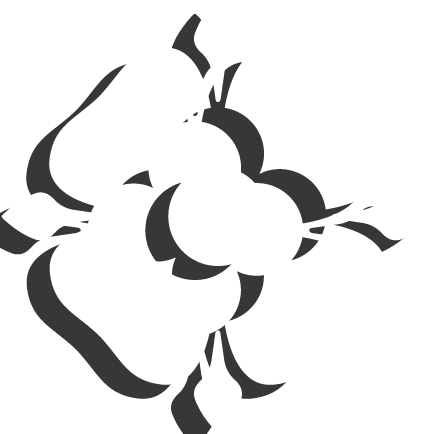Year 09 Art
Curriculum:
Click to Expand Project One Content:
Content Overview:
Skills Developed:
- The first year of GCSE is treated as a foundation year. The course is made up of a series of teacher led workshops covering a range of skills needed for GCSE.
- In the Autumn & Spring term students are encourage to develop their own response to the stimulus ‘Under the Sea’.
- Mark Making
- Drawing
- Oil Pastel
- Charcoal
- Acrylic Painting
- Collagraph Printing
- Wire Sculpture
Artists Used for Reference:
Assessment Objectives:
- Ernst Haeckle
- Rachel Wilson
- Celia Smith
- AO1: Develop ideas through investigations, demonstrating critical understanding of sources.
- AO2: Refine work by exploring ideas, selecting and experimenting with appropriate media, materials, techniques and processes.
- AO3: Record ideas, observations and insights relevant to intentions as work progresses.
- AO4: Present a personal and meaningful response that realises intentions and demonstrates understanding of visual language.
Click to Expand Project Two Content:
Topic Objectives:
Techniques/Skills:
Vocabulary:
- To gain an understanding of the links between Literacy and Art
- To be aware of the key artists associated with the Pop Art Movement
- To understand the context and brief history of the Pop Art Movement
- To be able to demonstrate collage skills
- To be able to create imaginative design ideas
- To develop and refine printing skills
- To develop and refine drawing skills
- Be able to evaluate your own work and the work of others
- Analysing the work of other artists
- Drawing from observation
- Painting
- Colour mixing
- Print making
- Collage
- Pop Art: the pop art movement emerged in the 1950s and 1960s in america and britain. pop artists took inspiration from commercial culture such as advertising, movies and pop music
- Andy Warhol: an american artist who was a leading figure in the pop art movement (fig 1)
- Roy Lichtenstein: an american pop artist. during the 1960s, along with andy warhol, he became a leading figure in the pop art movement. he was well known for his parody images. (fig 2)
- Michael Craig martin: an irish contemporary conceptual artist whose vivid paintings reference the pop art style. (fig 3)
- Parody - imitation of the style of a particular artist or work for comic effect
- Printing - a technique that allows an image to be accurately reproduced a number of times
Subject Overview:
Students in Year 9 have 3 Art lessons each week.
In Year 9, students have 1 piece of homework set every week.
Assessments:
Students sit a summative assessment at the end of each project.
Students also undergo a sustained supervised period 'mock' exam over 2 lessons. This experience provides students with knowledge on how the environment for the final assessment will feel like.


